Orthodox Easter Services Hit By Virus As Many Stay Home
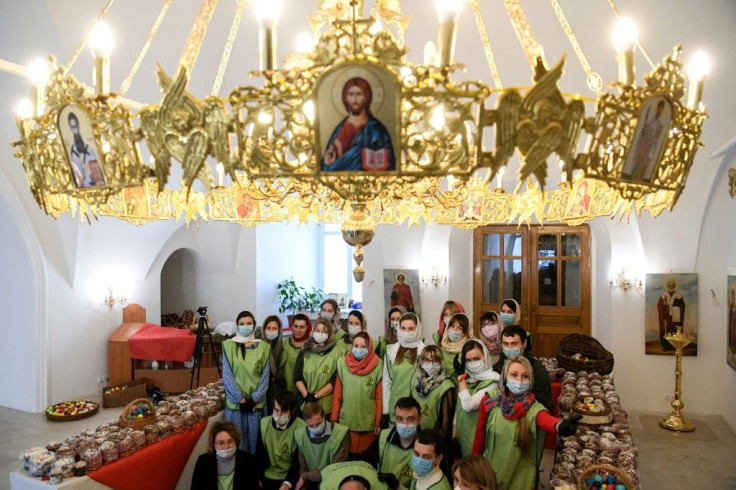
More than 260 million Orthodox Christians celebrated Easter Sunday, with church leaders urging worshippers to stay at home to avoid spreading the novel coronavirus.
Yet while many watched services online or on television, some sidestepped virus fears to attend churches on the most important date in the Orthodox calendar.
In Belarus, President Alexander Lukashenko, who has cast doubt on the seriousness of the pandemic and allowed events such as football matches to go ahead, visited a church without a face mask.
"I don't approve of those who closed people's way to church," he said, quoted by Belta state news agency, claiming, "we experience these viruses every year".
In Georgia, several hundred took part in a midnight mass at Tbilisi's Holy Trinity Cathedral after the government allowed churches to open despite a curfew aimed at curbing the virus.
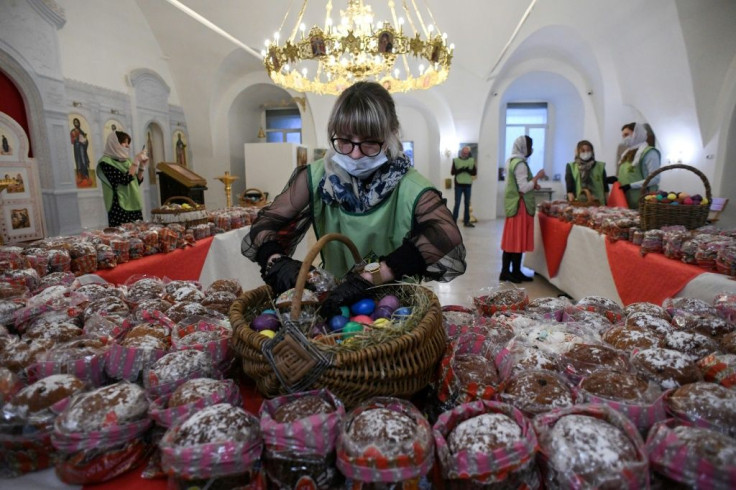
"I could have stayed at home and watched the service on television but only here in this holy church can I find true comfort," one worshipper, 58-year-old Lamara Zhvania told AFP.
Orthodox Christians, the world's third largest group of Christian believers, this year celebrate Easter a week after Catholics and Protestants because they follow a different calendar.
Last week's Easter celebrations took place in empty churches while Pope Francis live-streamed his traditional message from the Vatican as the pandemic that has killed more than 150,000 made mass worship too risky.
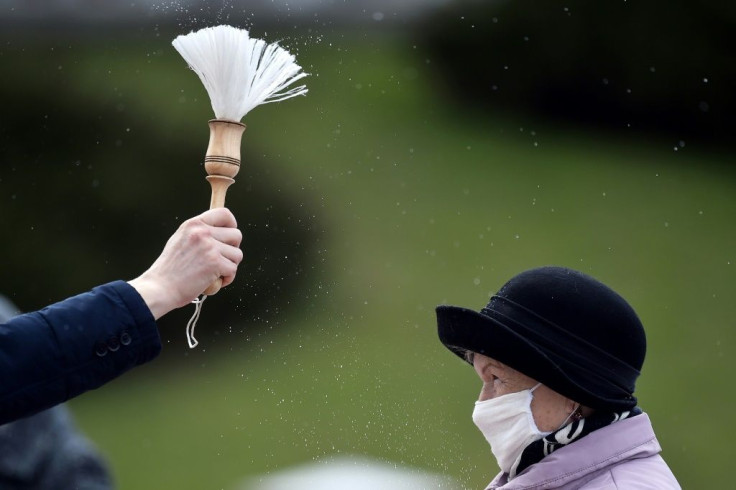
Some believers in the former Communist bloc said restrictions on attending services evoked painful memories of Soviet-era persecution.
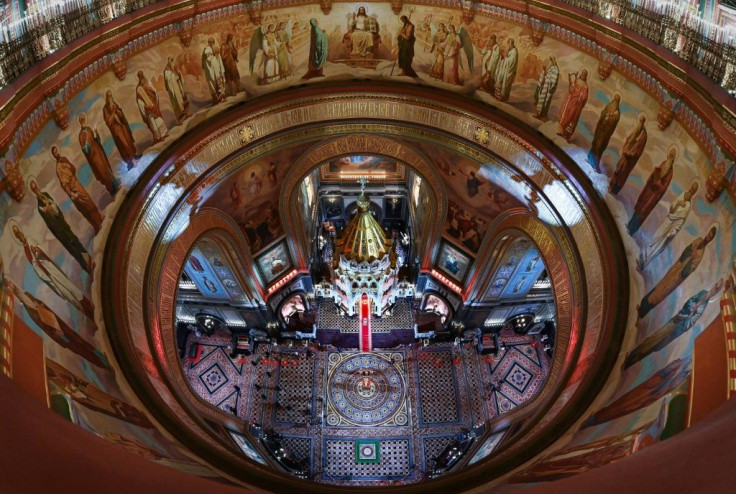
Russian Patriarch Kirill, who leads 150 million believers, held a service in Moscow's Christ the Saviour Church without worshippers.
In a televised address, the Patriarch lamented "the terrible illness that has touched our people," saying church closures recalled the Soviet times when people "risked their future" by going to church.

Russian President Vladimir Putin did not go to a service as usual but visited a chapel at his country residence.
"This year the festival is taking place with restrictions forced on us. They are necessary to fight the spread of the illness," he said in a video address.
In and around Moscow, where most Russian virus cases are concentrated, churches held services behind closed doors, while they remained open in many other regions of Russia, which has confirmed more than 42,000 cases of coronavirus and 361 deaths.
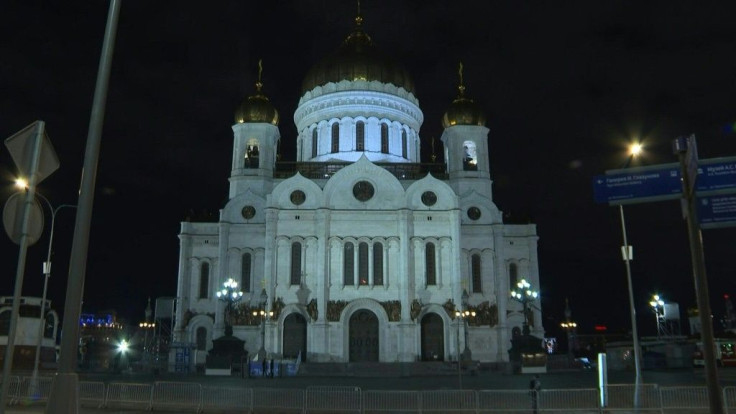
Churches were not open to the public in much of the wider Orthodox region including Greece and Serbia as well as minority communities in Turkey and Egypt.
In Syria, where most Christians follow Orthodox rituals, churches broadcast services online and the mood was sombre in the Christian quarter of Damascus.
In the crypt of Belgrade's huge Saint Sava Temple, around a dozen people breached a strict round-the-clock curfew in place till Tuesday to attend a morning service, many wearing masks.
In Albania, where Orthodox believers make up 11 percent, 72-year-old Tatjana Jani lit candles in front of icons in her Tirana flat, saying the lockdown reminded her of the Communist years of enforced atheism.
"We used to celebrate like today, even though now we're in democratic confinement."
In Lebanon, which has communities of mainly Greek Orthodox believers, churches broadcast services online and via loudspeakers.
"It's the first time in my life I've seen a Sunday like this," said 76-year-old Afaf, who lives in a region north of Beirut.
In Romania, while churches closed their doors, volunteers and priests went to people's homes handing out loaves of consecrated bread and lighting candles with the holy flame brought from Jerusalem's Church of the Holy Sepulchre.
A number of Orthodox churches opposed the imposition of lockdown measures on their most important holiday.
In Bulgaria the Orthodox Church kept services open, but required worshippers to wear masks and keep their distance.
Dimitry Goldman, 46, wore a face mask to attend an open-air midnight service outside the Alexander Nevski cathedral in central Sofia.
He said he was praying for "health... and that we overcome this crisis and people go out in the streets again."
Georgia's government bowed to pressure from religious authorities and allowed services in the largest churches despite a public lockdown in the Black Sea country with 394 confirmed cases.
Some 130,000 people attended services across the country, police said.
© Copyright AFP 2024. All rights reserved.





















